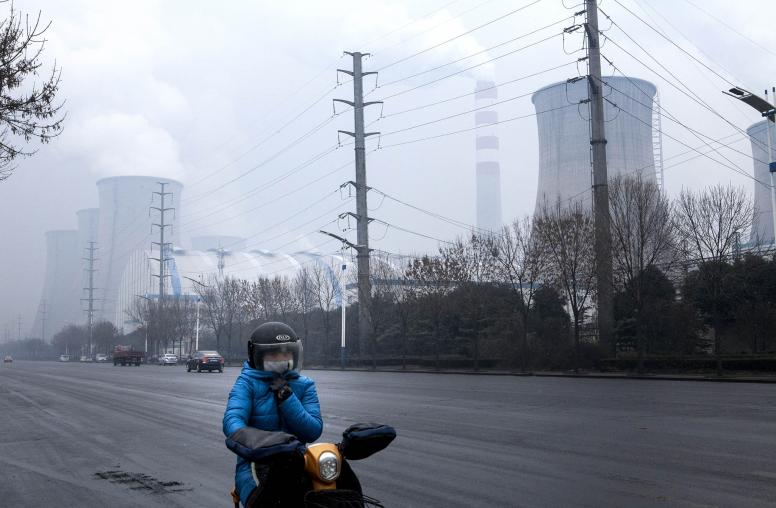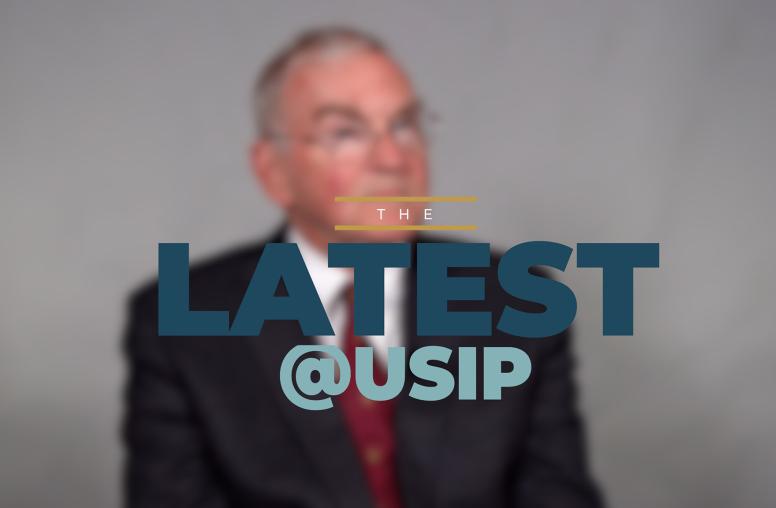Red Flags, Green Flags: How Big Business Can Help Promote Peace in Conflict Zones
The pros and cons of large corporations operating in fragile environments have been widely debated; particularly with respect to extractive industries. On the one hand, their investments and engagements could improve economic prospects and potentially promote peace. On the other hand, they contribute to exacerbate tensions inadvertently or deliberately by adopting policies and practices that are not conflict-sensitive. In some cases they contravene international law.
UK-based International Alert and Norwegian NGO the Fafo Institute teamed up to launch the "Red Flags" initiative to highlight the responsibilities of companies operating in fragile zones. According to John Ruggie, UN Special Representative for Business and Human Rights, Red Flags is "an indispensable tool alerting companies to risks that may contribute to serious human rights abuses . . . . enabling them to change their plans before harm occurs."
Salil Tripathi, Senior Policy Advisor at International Alert, will discuss the relevance and applicability of this initiative. Raymond Gilpin of USIP will discuss potential benefits of large corporations in conflict-affected regions; the "green flags." He will also examine the relevance of corporate social responsibility in this context.
Speakers
- Salil Tripathi
International Alert - Raymond Gilpin
Associate Vice President, Sustainable Economies, U.S. Institute of Peace - Abiodun Williams, Moderator
Vice President, Center for Conflict Analysis and Prevention, U.S. Institute of Peace



